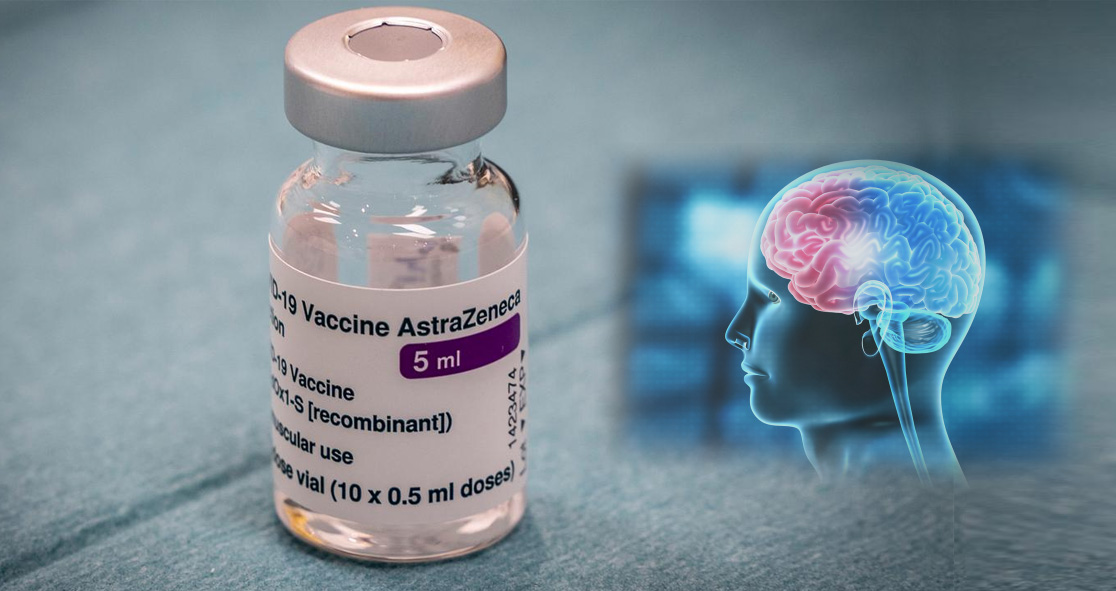In an interview published Tuesday, a senior official of the European Medicines Agency (EMA) said there is a link between AstraZeneca’s coronavirus vaccine and very rare blood clots in the brain; however, the possible causes are still unknown, according to Medscape Medical News.
However, the EMA later said that it is still reviewing the vaccine and it will announce the findings today or tomorrow.
Dr. Marco Cavaleri, head of vaccines strategy at the EMA, told Italian daily Il Messagero, “In my opinion, we can now say it, it is clear that there is an association (of the brain blood clots) with the vaccine. However, we still do not know what causes this reaction.”
However, Dr. Cavaleri provided no evidence to support his comment.
The European drug regulatory body has repeatedly said the benefits of the AstraZeneca vaccine outweigh the risks as it investigates several reports of a very rare brain clotting disorder called cerebral venous sinus thrombosis (CVST).
Even the World Health Organization (WHO) backed the vaccine.
Previously, AstraZeneca said its trials have found no higher risk of blood clots caused by its vaccine.
In the new review, Dr. Cavaleri said the EMA would say that there is an association “but was not likely to give an indication this week regarding the age of individuals to whom the AstraZeneca shot should be given,” according to Medscape Medical News.
Meanwhile, some nations, including Germany, France, and the Netherlands, have suspended the use of the AstraZeneca vaccine in younger people as the investigations continue.
On Tuesday, responding to Dr. Cavaleri’s comments, the Amsterdam-based EMA said, “EMA’s Pharmacovigilance Risk Assessment Committee (PRAC) has not yet reached a conclusion and the review (of any possible link) is currently ongoing.”
Last week, the EMA said that its review had not identified any specific risk factors, such as age, gender, or a previous medical history of clotting disorders, for these very rare events. It said, “A causal link with the vaccine is not proven but is possible and further analysis is continuing.”
Researchers have been exploring several possibilities that might explain the association between the vaccine and extremely rare brain blood clots.
Some European scientists have come up with a theory that the vaccine triggers an unusual antibody in some rare cases, while others said there is no definitive evidence and it is unclear whether or why AstraZeneca’s shot would cause such an issue.
Armando Genazzani of EMA told La Stampa daily that it was possible that the blood clots were associated with the AstraZeneca vaccine. The article was published online on Medscape Medical News.























